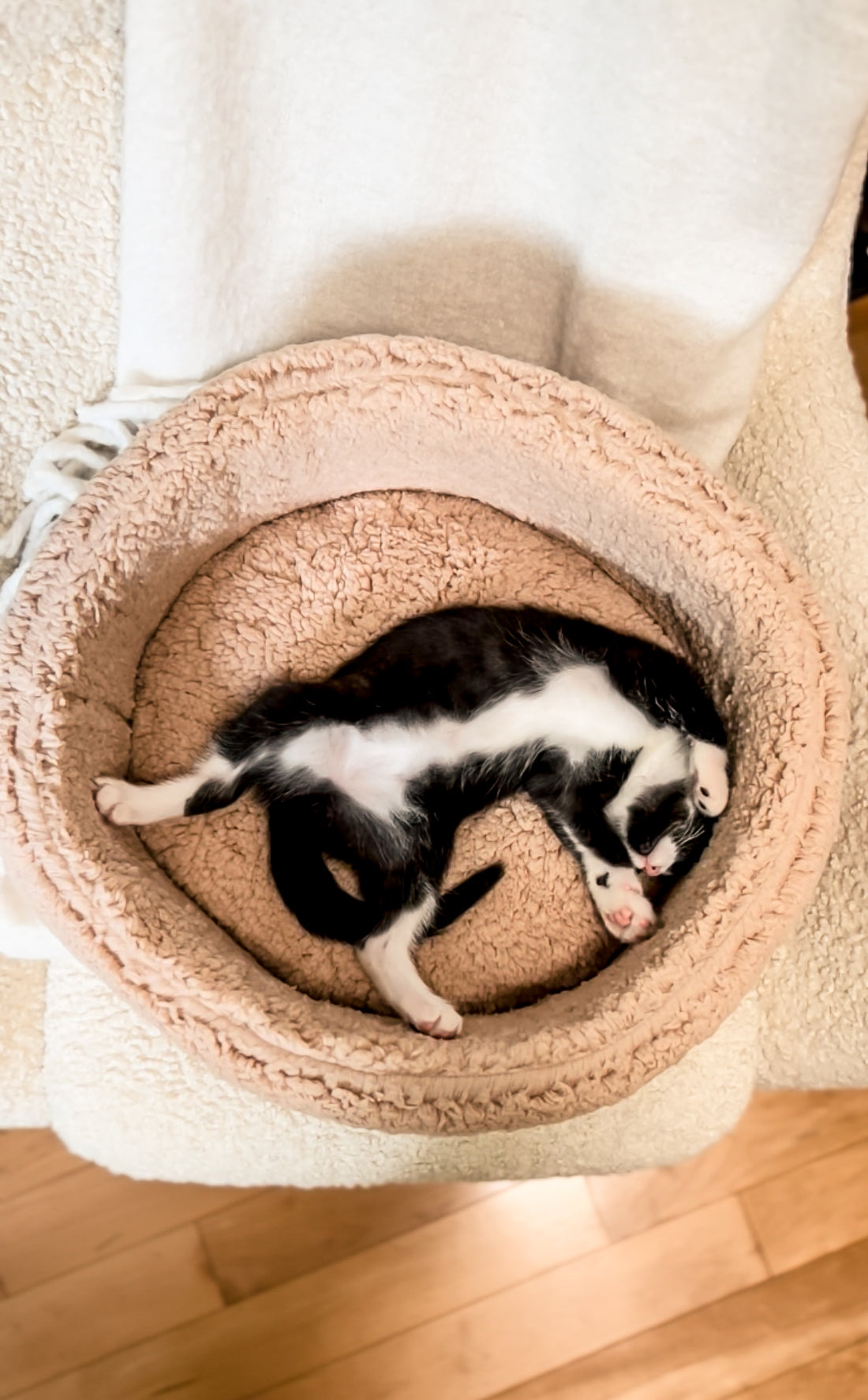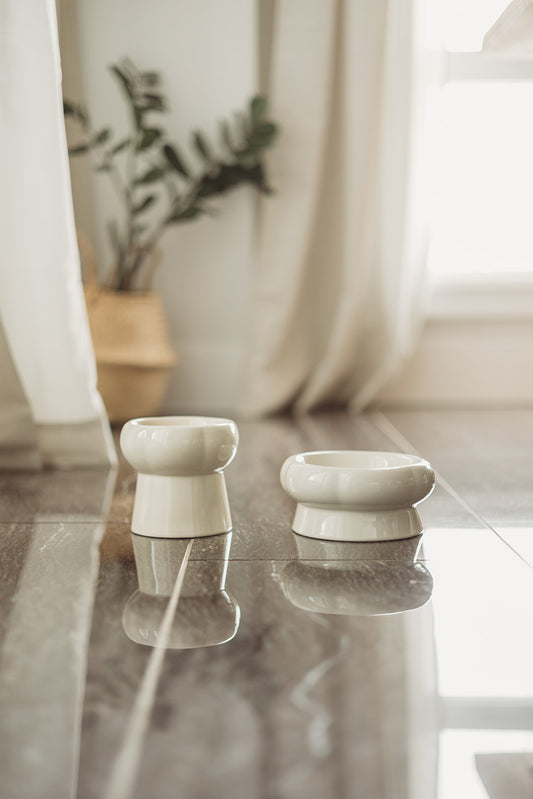Our furry friends depend on us for a variety of things - our companionship, the food we feed them, and even their safety. But one thing they may not depend on us for is getting a good night's sleep.
Feline stress is a real issue, even if our cats don't show it. If you've begun to notice that your cat shows signs of stress, identifying potential causes is vital. One potential source of stress for cats can be their sleep patterns.
If your cat's nighttime schedule isn't working, it could be causing them to feel overwhelmed and stressed out. And when they become stressed, they can begin to have other anxiety symptoms. To help your cat enjoy a good night's sleep, here are some tips for creating the perfect nighttime routine:
Why Is My Cat Stressed?
Just like us, cats can begin to feel stressed or overwhelmed for a variety of reasons. Some causes of stress for cats include:
- Lack of exercise or stimulation
- Not enough social interaction with other cats or humans
- Changes in their environment, such as moving to a new home
- Unfamiliar noises or smells
- Confinement to one area of the house
Learning what may be triggering your cat's stress is the first step in helping to reduce it.
What Happens If A Cat is Too Stressed?
When cats are stressed, their bodies produce the stress hormone named cortisol. When this hormone builds up in their system, it can lead to various physical and behavioral symptoms that could cause your cat’s distress.
Physical symptoms include changes in appetite, weight gain or loss, or excessive grooming behaviors. Behavioral symptoms may include aggression towards other pets or people, inappropriate elimination, and decreased activity.
How to Reduce Stress for Cats - Sleep Tips
If you've identified that your cat's sleeping habits may be causing them to feel stressed, you can do a few things to help.
Tip 1: Establish A Regular Routine
Cats thrive on consistency, so helping them to establish a regular sleep routine can be essential. Try to feed your cat at the same time each night and create an environment conducive to relaxation. Keep noise levels low and provide extra comfy places for them to curl up.
An example of a nighttime routine for cats could include:
- Feeding your cat at the same time each night
- Offering a relaxing activity, such as brushing or petting
- Providing a comfortable bed and blanket for them to snuggle into
- Installing a white noise machine or fan in their bedroom to help muffle loud noises
Tip 2: Give them Stimulation During the Day
If your furry friend isn't getting good sleep at night, it could mean they're not getting enough activity and stimulation during the day.
Spend time playing with your cat, and make sure they have plenty of toys available to help burn off excess energy. Set specific times in your schedule to play with them, and make sure they have access to windows or balconies so they can watch the outside world.
Tip 3: Create a Comfy Sleeping Spot
One of the most effective ways to help your cat get adequate sleep is by creating a comfortable sleeping spot.
Cats love small, warm places where they can curl up and hide away from the world. Invest in a well-crafted cat bed, or make your own with old blankets and pillows lying around the house. The better they can feel about their sleep spot, the better they'll feel overall.
Create the Purr-fect Sleeping Spot with the Bloire Sherpa Cat Bed
You want the best for your furry friend, and that's why we've designed our Bloire Sherpa Cat Bed. This super comfy bed is made from plush, sherpa fabric that creates a cozy environment for your cat to relax and get a good night's sleep.
This bed is designed to fit an adult-size cat while still providing plenty of room to move around. Your feline friend will love getting a full night's rest in this cozy spot!
Check out the Bloire Sherpa Cat Bed - and our full line of pet essentials - and give your cat the restful sleep they deserve. Shop online today to see more!












